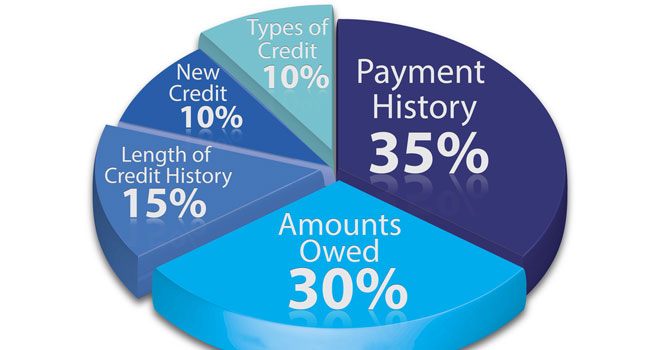
Getting a Great Deal
Credit counts in a balanced portfolio
- By Robert Ogle
- Nov 01, 2015
Your sales rep knocks on the door of
a nice home in an upscale suburban
neighborhood. There’s an expensive
car in the driveway, the landscaping is
immaculate, and it looks like it could be in the
middle of a city park.
It seems like a good place to make a sale, and
there’s no doubt that the rep has to give it a shot.
But keep in mind that appearances aren’t everything:
Not everyone who has a nice home and a
luxury car in an upscale neighborhood can actually
afford it.
Most dealers know that it’s crucial to run a
credit report before signing up a new account.
But it’s also worth remembering that it’s not a
minor detail, and even a borderline credit record
may have long-term repercussions.
That doesn’t mean you have to ignore every
potential customer with a less-than-stellar credit
report. But to create a successful, sustainable
portfolio with dependable RMR, you can’t afford
to throw too many into the mix.
Understanding FICO
Start by making sure your sales reps understand
what a FICO score is, how it works, and why it’s
important. Virtually every consumer has heard
the term, but very few can actually tell you what
it is.
FICO isn’t a credit reporting firm. It’s actually
a software development company that created
a formula for measuring consumer credit risk.
The first FICO algorithm appeared in 1987, and
it’s currently used more than 10 billion times a
year to predict which consumers are most likely
to be favorable credit risks. There are three major
sources for FICO scores—TransUnion, Equifax
and Experian—though there generally isn’t a great
degree of variation between the three providers.
The algorithm is simply a way of using numbers
to determine lending risks, rather than just
a hunch or a gut feeling. The exact formula has
never been revealed, but it’s generally acknowledged
that 35 percent of the score is determined
by payment history (paying on time, repossessions,
liens, and so on), while 30 percent is determined
by debt burden (how much debt a consumer
has).
That means as much as 65 percent of what
makes up a FICO score is directly related to the
services you offer. Does the customer have high
potential for slow-pay or no-pay? And does the
customer already have so much debt that adding
a home security contract will just add more straw
to the camel’s back?
There are actually several different types of
FICO scores, depending on whether a person is applying
for a bankcard, installment loan, auto loan or just generic (or classic) financing.
The generic score has a range between
300 and 850; the higher the
number, the lower the risk.
Risky Business
Barbara Holliday, senior director
of Dealer Services for Monitronics,
says that credit score is the best
indicator for determining the likelihood
of timely customer payments
and contract renewals. Monitronics
stresses to companies in its dealer
network that roughly 1 in 4 customers
with credit scores between
600 and 625 will default on their
payments, and that many of these
customers will fail to pay within the
first year.
“Monitronics places a great deal
of emphasis on consumer credit
scores,” she said. “We help our dealers
by giving them access to online
tools that provide them with the average
score of their customer base,
and the percentage of their customers
by credit range.” Armed with
this knowledge, she said, dealers
can make informed decisions about
how to structure their portfolio on
an ongoing basis.
“Low credit scores are risky
business,” Holliday said. “When the
ratio of customers in the 600 to 650
range and the 700-plus range are off
balance, even the best companies
can’t succeed.”
Careful Consideration
Not all low credit scores are automatically
out of the picture, but
keep a close eye on how they fit
into your overall portfolio. If you
notice that sales reps are bringing
in customers with FICO scores
that are consistently in the low- to
mid-600s, you run the risk of being
weighted too heavily to the negative
side. As those customers default,
you’ll be forced to scramble for replacements.
Make sure low scores constitute
a relatively low portion of your
portfolio, and if you do decide to
overrule a FICO score, try to build
in ways of protecting yourself in
case of default. For example, ask for
more money up front, or put the
customer on an autopay plan that
takes the monthly payment directly
from their checking account, and
not their credit card.
“Once you recognize the risk
and lack of value of low credit
score customers, you can make
proactive changes in your marketing,
sales approach and approval
processes that will approve your
bottom line,” Holliday said. “There
are many creditworthy customers
in the marketplace, and when you
walk away from a low-score account,
you strengthen the viability
of your company.”
In other words, sometimes the
best customers are the ones you
don’t sign up.
This article originally appeared in the November 2015 issue of Security Today.